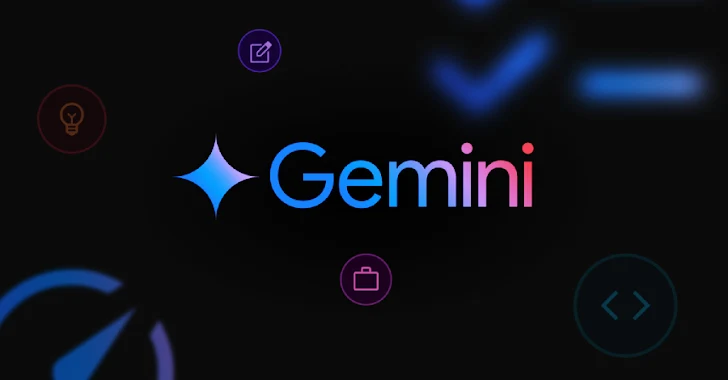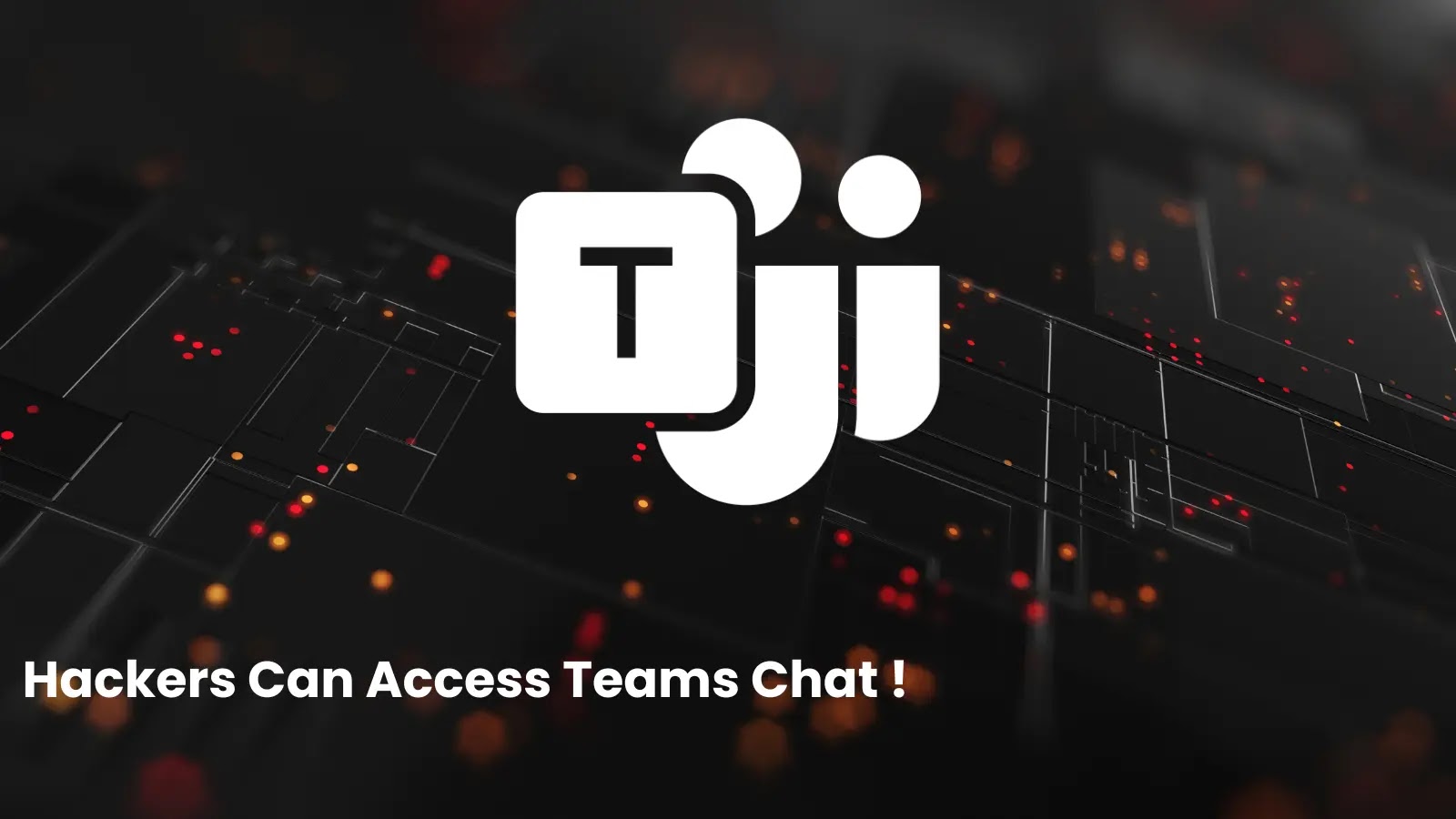In a recent disclosure, cybersecurity experts have identified and addressed three critical vulnerabilities within Google’s Gemini AI assistant. These flaws, collectively termed the Gemini Trifecta, posed significant risks to user privacy and data security.
1. Prompt Injection in Gemini Cloud Assist
Gemini Cloud Assist, a tool designed to summarize logs from various cloud services, was found susceptible to prompt injection attacks. By embedding malicious prompts within the User-Agent header of an HTTP request, attackers could manipulate the AI to execute unintended actions. This vulnerability extended across multiple Google Cloud services, including Cloud Functions, Cloud Run, App Engine, Compute Engine, Cloud Endpoints, Cloud Asset API, Cloud Monitoring API, and Recommender API. An attacker could, for instance, instruct Gemini to query all public assets or identify IAM misconfigurations, embedding sensitive data within hyperlinks to malicious servers.
2. Search Injection in Gemini Search Personalization Model
The Gemini Search Personalization model, which tailors search results based on user history, was vulnerable to search injection attacks. By manipulating a user’s Chrome search history through JavaScript, attackers could insert prompts that the AI misinterpreted as legitimate queries. This flaw allowed unauthorized access to a user’s saved information and location data, exploiting the model’s inability to distinguish between genuine user inputs and externally injected prompts.
3. Indirect Prompt Injection in Gemini Browsing Tool
The Gemini Browsing Tool, responsible for summarizing web content, was found to be at risk of indirect prompt injection. Attackers could craft web pages with hidden prompts that, when processed by Gemini, led to the exfiltration of a user’s private data. Notably, this could occur without the AI rendering any visible links or images, making the attack stealthy and challenging to detect.
Mitigation and Response
Upon responsible disclosure of these vulnerabilities, Google implemented several measures to enhance Gemini’s security:
– Hyperlink Rendering Restriction: In responses generated from log summarization, Gemini no longer renders hyperlinks, mitigating the risk of data exfiltration through malicious links.
– Enhanced Prompt Injection Defenses: Additional safeguards have been integrated to prevent prompt injection attacks across all Gemini components.
These proactive steps underscore the importance of continuous security assessments in AI development. As AI systems become more integrated into daily operations, ensuring their resilience against evolving threats is paramount.
Broader Implications
The discovery of the Gemini Trifecta highlights a critical aspect of AI security: AI systems can serve as both targets and vectors for cyberattacks. Organizations adopting AI technologies must prioritize security measures, including:
– Comprehensive Visibility: Maintaining an inventory of AI tools and their integrations within the organizational environment.
– Policy Enforcement: Implementing strict policies to control AI behavior and access, reducing the risk of unauthorized actions.
– Regular Security Audits: Conducting periodic assessments to identify and address potential vulnerabilities in AI systems.
The Gemini Trifecta serves as a reminder that while AI offers transformative potential, it also introduces new security challenges that require vigilant management.



